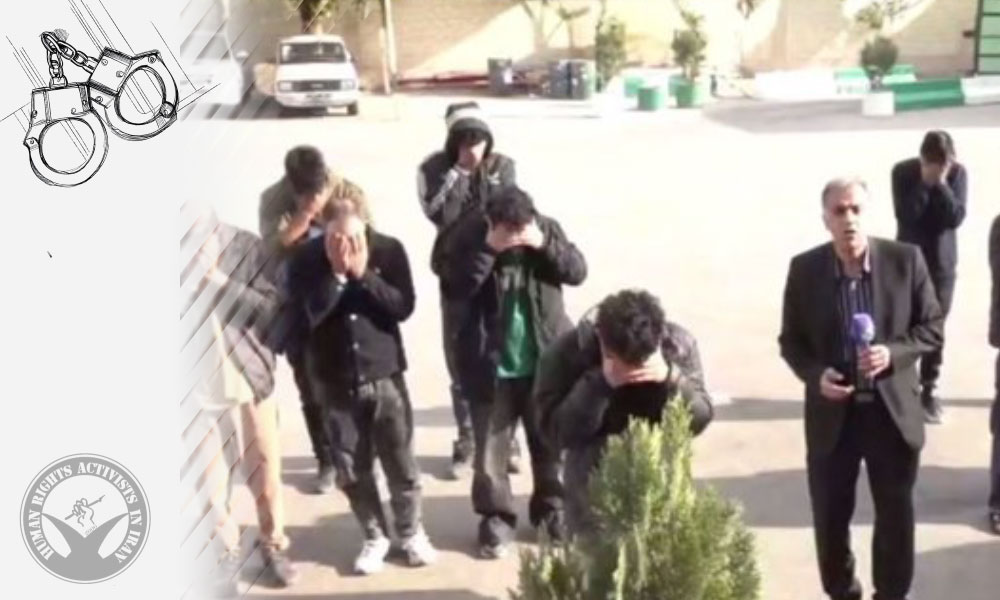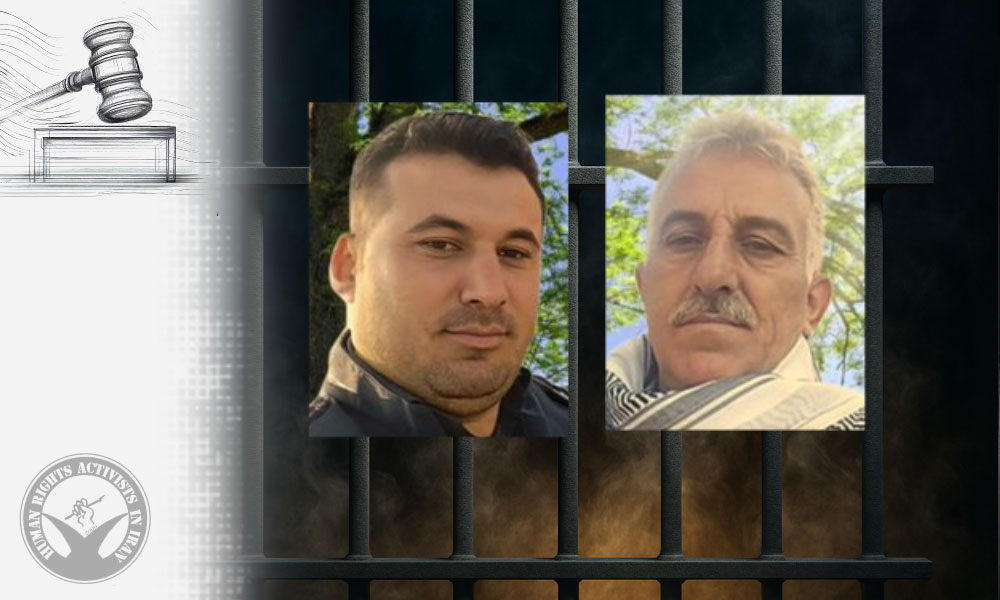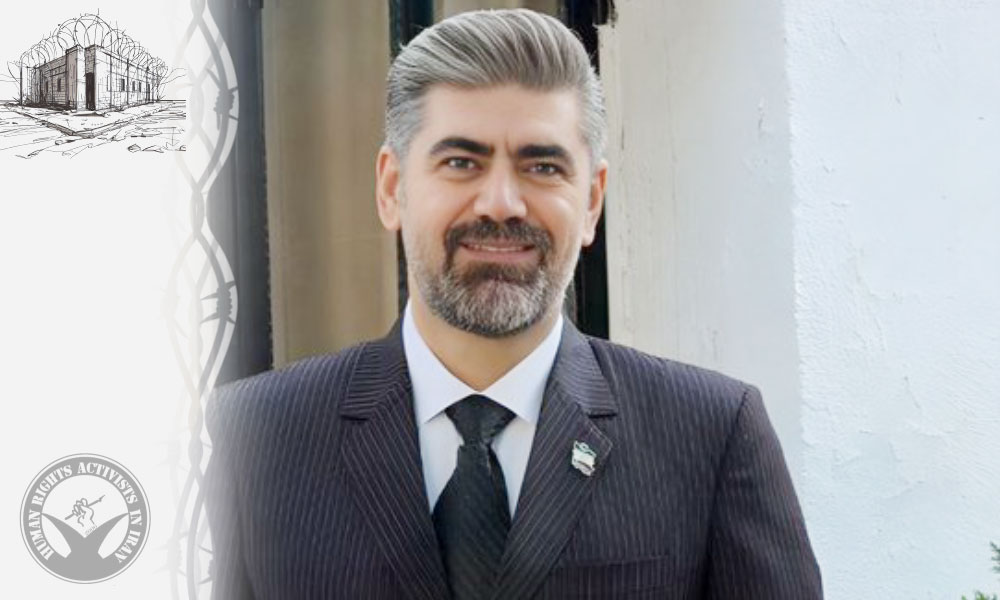 HRANA – Shabnam and Farzad Madadzadeh have been sentenced to 10 years in prison.
HRANA – Shabnam and Farzad Madadzadeh have been sentenced to 10 years in prison.
Shabnam Madadzadeh, Deputy Secretary of the Tehran Office of the Solidarity Council, and her brother Fardad, were each initially sentenced to 5 years imprisonment to be served in exile in Rajaiee Shahr prison by Branch 28 of the Revolutionary Court. On Thursday, June 3, Branch 54 of the Appellate Court of the State of Tehran upheld the lower court’s decision.
According to the Committee of Human Rights Reporters, Ms. Shabnam Madadzadeh, a member of the Central Council of Islamic Association at Tarbiat Moallem University, was arrested on February 21, 2008 on allegations of “acting against national security,” and was finally tried on January 27, 2009, on baseless charges of Moharebeh for alleged collusion with Mujahedin organization. This student activist has spent over 70 days in solitary confinement in Section 209 of Evin prison. She and her brother Farzad have been subjected to the severest pressures and physical and psychological tortures to confess, but neither of them has given in to these baseless allegations.
Finally, after six court sessions held in presence of Intelligence Ministry interrogators, the presiding judge, Judge Moghiseh, adjourned the trial while shouting and screaming obscenities at the two defendants and calling Shabnam Madadzadeh a liar and member of the Mujahedin-Khalgh Organization. The defendants’ attorney, Mr. Mohammad Olyaee Far, who himself is currently held under arrest, had previously objected to the inappropriate behavior of the judge on multiple occasions and noted that such behavior was in direct contravention of judicial conduct and practice. The chief of the judicial branch ignored these objections.
During interrogation sessions, Shabnam Madadzadeh’s interrogator had repeatedly stated that she was arrested because of her family and that she would pay for her family’s transgressions. Even the final verdict against the two siblings mentions that the basis for the crime of the two lies in their family’s issues. Such determination is contrary to criminal justice regulations and the Constitution and lacks any legitimacy or legal credibility.






